The Marvel Cinematic Villains: What Makes a Memorable Antagonist?
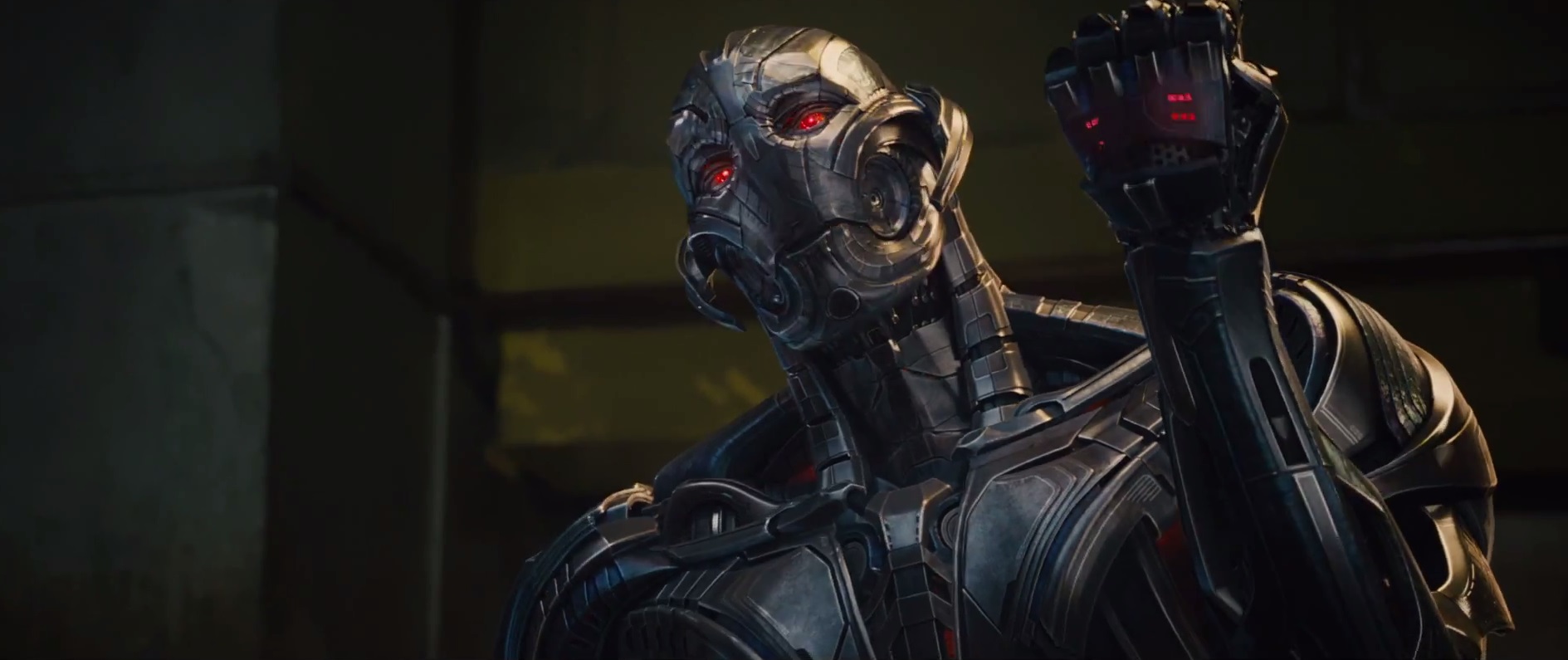
(There will be spoilers for some of the Marvel Cinematic Universe films and Marvel’s Netflix series, so read with caution)
Marvel Comics has given readers many memorable villains that fans still cherish today. Red Skull, Green Goblin, Venom, Doctor Doom, Magneto, Kingpin, Loki, and Thanos are just a few of Marvel’s iconic villains. While a couple villains have translated well to the big screen like Magneto in the X-Men franchise and Doctor Octopus in Spider-Man 2, other villains have not faired as well. For example, most comic book readers would agree that no Fantastic Four film has ever accurately captured the complexity or the intensity of Doctor Doom. True, a comic book film does not need to be 100% accurate to its source material, but it should at least capture the essence of what made an antagonist memorable.
The Marvel Cinematic Universe (MCU) has been praised for many aspects, but sadly the villainy in most of their films in not one of them. Many film-related Youtube channels like Chris Stuckmann and Collider Video have commented on this ongoing pattern in the MCU. The villains are not awfully written, it is more that they are often disappointing and one-note. A hero is only as engaging as his villain, so why is it that critics and audiences love the heroes, but not the villains? Loki is unanimously agreed to be the exception to this rule, so much so that he practically steals the show in the Thor movies. Why is Loki beloved by fans, and the other villains are not? It may be because what people view as threatening has changed in the last couple of years.
A Villain Needs Presence
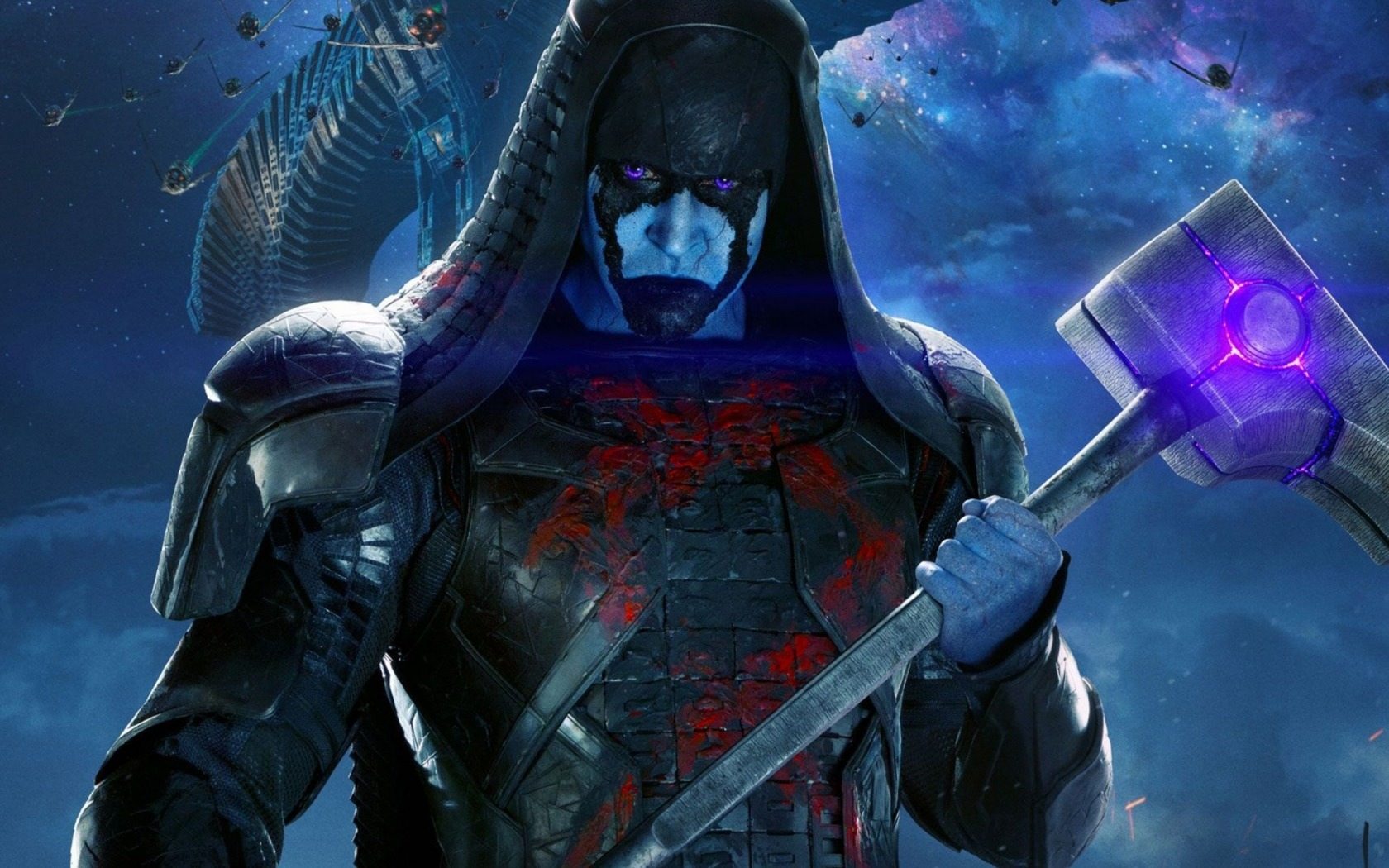
Not all villainous characters need to follow a similar structure, but the one thing that they absolutely need is presence, as well as intimidation. For example: Darth Vader from the Star Wars trilogy is one of the most recognizable antagonists of all time because he carries himself with a coldhearted presence and his lack of tolerance for incompetence makes him that much more unpredictable. To be fair, not all the villains in the MCU fail in this aspect. Ronan the Accuser (Lee Pace) from Guardians of the Galaxy had a commanding presence. This was helped by how most of the characters saw him as an opposing force. He is a warmonger who is living in the past when it comes to the war between his race, the Kree, and the Xandarians. He is unable to accept the peace treaty established between the two races. Ronan can be paralleled with individuals in reality who let their prejudice of other people and races overshadow the importance of peace.
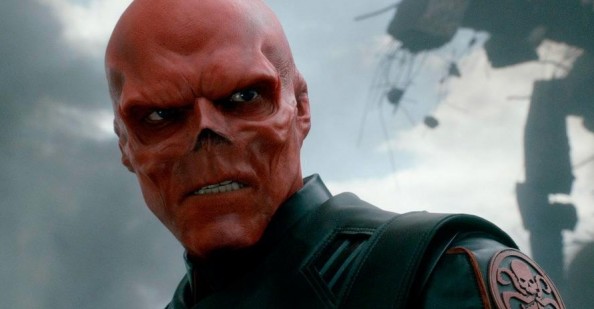
Then there are villains like Red Skull (Hugo Weaving) from Captain America: The First Avenger, who was not a lousy villain, but did not quite live up to fans’ expectations. Red Skull in the comics was Captain America’s polar opposite; a Nazi/Hydra officer determined on conquering the world. An antagonist needs a complicated and symbolic rivalry with the protagonist just as much as they need presence. Even though Red Skull was played by the great Hugo Weaving, the problem was that Captain America and Red Skull’s relationship was a by the numbers storyline where the hero must stop the villain. That may be well-suited for the comics, but a film villain needs to be more dynamic. A similar problem can be seen with the character Malekith (Christopher Eccleston) from Thor: The Dark World. Not only does the villain lack a personality of any sort, but he also speaks a different language from Thor, meaning there is no way for them to work off each other. The only motivation for Thor to stop Malekith is when he kills Thor’s mother, and even then there is no chemistry between the two.
There is also the problem of repetition for the MCU villains. Many of the same villain archetypes repeat themselves in each MCU entry. For example: the use of the evil businessman trope has been done to death in the MCU, and comic book movies in general. Ant-Man and the Iron Man trilogy are the most predominate examples of this trope. Many of the motivations for the villains are to take over the world, and that really doe not cut it anymore, and there is a specific reason why.
The Greatest Villains are Often Relatable
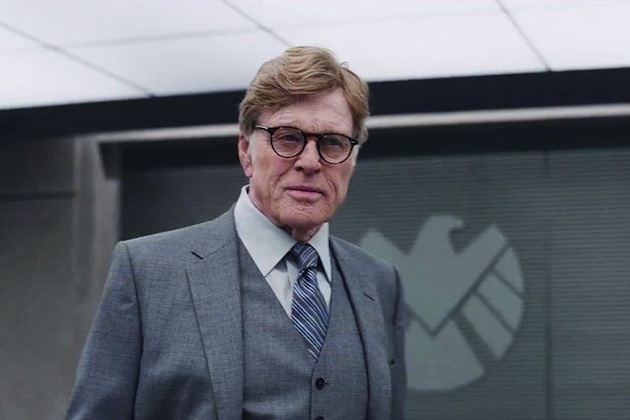
Relatable characteristics can make a villain much more realistically scary. The real world is certainly filled with immoral creeps, but it is also filled with individuals who commit crimes because they are left with no other options. To add to this, memorable villains often have a political subtext to them, whether it be from the past, present, or foreseeable future. Simply look at the complexity of Magneto from the X-Men franchise. Not only was he inspired by human rights activist Malcolm X, but he was also given a backstory with him being a victim of the Holocaust. By being mistreated most of his life, he basically sees no difference between the Nazis who imprisoned him, and the people who discriminate against him for being a mutant. Read this article to learn more about the immoral history of the Holocaust through the character of Magneto.
The MCU has infused political commentary into the character Alexander Pierce (Robert Redford) of Captain America: The Winter Soldier. In the film, Pierce is the commander of Shield and authorizes the use of flying war ships to patrol the skies, taking out anyone that could be considered a threat. The problem is that Pierce is secretly a member of Hydra, meaning the weapons meant to wipe out Shields enemies was really controlled by their enemies all along. Obviously, having weapons of mass destruction hovering in the sky is unconstitutional for many reasons. Yet at the same time, taking out terrorists with a push of a button is somewhat intriguing, although it still breaks the rights of citizens around the world. This commentates heavily on the use of drones and technical privacy, which is still being debated to this day.
Besides that, most of the other villains in the MCU lack relatable motivations or political subtext for audiences to gravitate to. In The Incredible Hulk, what is relatable about having Emil Blonsky (Tim Roth) be turned into the Abomination, just to fight the Hulk? In Thor: The Dark World, what motivation does Malekith have to take over the Nine Realms besides just to be evil? Having a villain carry out deviant acts because they are “evil” is boring, and it hinders them from any further character development. Being “evil” is not a compelling motivation.
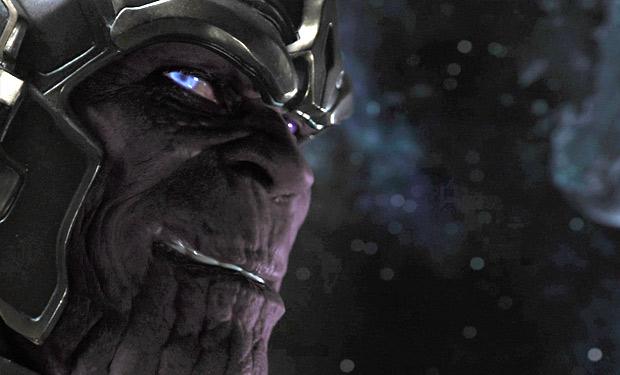
The other reason audiences might not gravitate towards a particular villain is because they are almost always killed off by the end of the film. It has become a repeating patter in the MCU, and the audience might not care about a villain they know is disposable. The big question hovering over the Marvel Studios is will Thanos (voiced by Josh Brolin) be received well? After all, Thanos is the biggest and baddest villain to come out of the Marvel Comics, but at the same time, he might easily stroll down the same path as the other one-note villains. Are his post credit scenes and cameo in Guardians of the Galaxy enough to make audiences excited, or is Marvel Studios just setting themselves up for disappointing results? We will just have to wait for Avengers: Infinity Wars part 1 and 2 to find out.
But What About Loki?
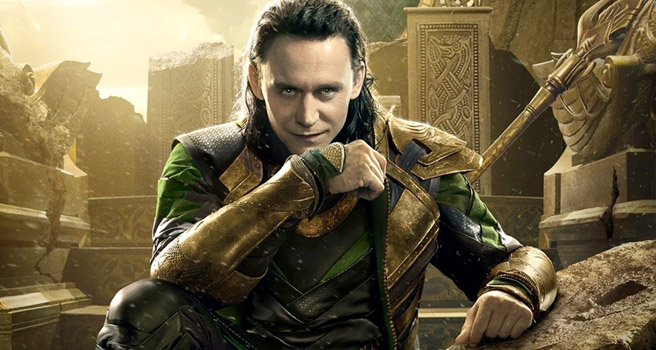
There are three factors to why Loki (Tom Hiddleston) is often omitted from the MCU villain curse. Sure, Loki has a bad boy persona and has become an attractive figure in many fan communities, but there is more to him than just being a sex symbol. First, Loki is the only MCU villain to have a dominate role in more than one movie. The first Thor film basically sets up his motivation for despising Thor. In the film, Loki was originally born a Frost Giant, until the day Lord Odin, the sworn enemy of the Frost Giants, took in Loki as a baby and raised him like a son. As an adult, Loki not only becomes jealous of Thor being the next in line for the throne, but he also starts wondering whose side he should really be on; the Asgardians or the Frost Giants. While he may be a subservient villain in Thor, his popularity exploded after The Avengers, mostly because of the second reason he is immensely popular: his personality.
Loki is simply fun to watch, which can be attributed to the dialogue written by the immensely beloved Joss Whedon. He also engages with each member of the Avengers in some way or another, which makes him more integral to the plot. Last but not least, what makes Loki resinate with fans is his humanity. He may have a bad boy persona, but deep down he is basically a whinny child, only carrying out his acts to prove that he is better than his brother. With that said, he still has a soft spot for his parents. While wanting the throne for himself, Loki would never want to kill his father to get it; if anything, all he really wants it for is his father’s recognition. As for his mother, she is the only person Loki felt loved him, so the last thing he would want would for her to be in harms way.
Since Loki gained immense popularity, the creators of Avengers: Age of Ultron tried to ingrain Loki’s wittiness into their new villain, to mixed results. Ultron (voiced by James Spader) certainly got a couple funny lines, but his humor upstaged his intimidation. Also, unlike Loki, Ultron was a one-and-done MCU villain, and his desire to destroy the world was typical “evil robot” storyline. Ultron is by no means a terribly-written villain, but he and the other villains demonstrate why Loki is the quintessential MCU villain.
The Small Screen Villains
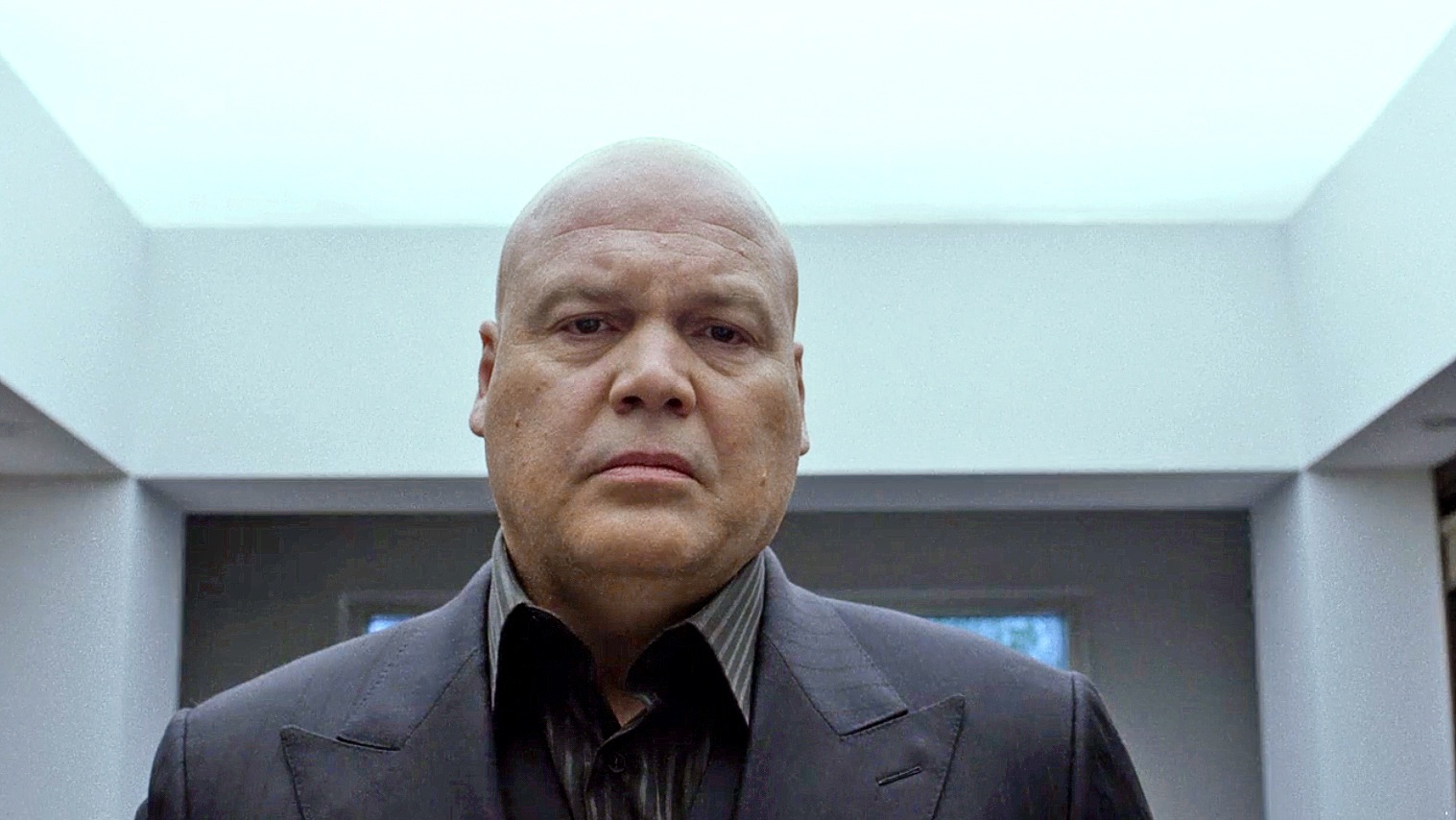
With the release of Netflix’s Daredevil and Jessica Jones, it is apparent that the tone of these shows is much grimmer than that of the MCU, and mainly focuses on street level crimes. Being streamable series, they not only have plenty of time to flesh out the heroes, but also the villains. These antagonists are not villainous because they are superhuman and threaten to take over the world. Instead, these villains are more menacing psychologically than physically. Every aspect that makes a villain strong is brilliantly demonstrated by the villains of each of these series.
For Daredevil, viewers received a complex character development with the criminal mastermind, Wilson Fisk (Vincent D’Onofrio). Fisk is brilliant in planning his rise to power in the crime organization, but at the same time he is extremely childish, always letting his anger get the better of him. He dresses himself in fine suits to mask the fact he is a ticking time bomb waiting to go off. However, he shows compassion for his lover Vanessa Marianna, to the point that he would kill anyone that gets between them. Vanessa in return finds his dealings in crime attractive, as opposed to appalling. Together, they present Fisk to the media as the white knight of Hell’s Kitchen, when really he has the city under his thumb. Because he watches the city from his high tower, he only sees the citizens at the bottom as vermin. It is understandable when considering he lived in Hell’s Kitchen in his childhood, and the way his abusive father treated him and his mother shows why Fisk became a coldblooded murderer.
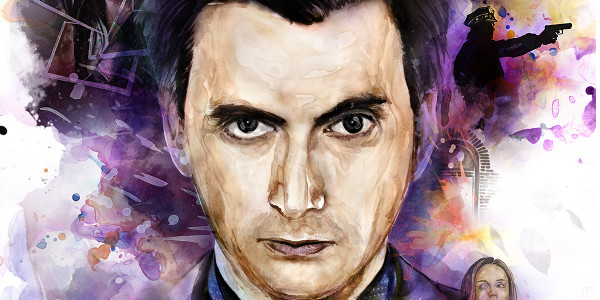
Jessica Jones gave Netflix viewers another psychopathic villain dressed in a clean suit with Kilgrave (David Tennant). Thanks to him being experimented on as a child, Kilgrave has the terrifying ability to give anyone an order, and that person has to carry out the command no mater how cruel or inhumane . He uses his powers to cover up his tracks by using other victims to carry out his dirty work, and Jessica Jones was one of those said victims. Jessica Jones simply wants Kilgrave behind bars after turning her into a puppet, but by the mid-point of the first season, she starts to wonder if his powers could be used for good, instead of selfish needs. The problem with this is that Kilgrave cannot grasp the concept of right and wrong, but at the same time how could he? He has little control over his powers, meaning he could never know if someone is legitimately befriending him or if they are under his control. Be that as it may, it does not excuse his perversion over other women, and his lack of empathy for any living being.
There is a lot to say about how Marvel’s track record for movie villains has more misses than hits, but its television villains have been considered some of Marvel’s best. It is not just because Fisk and Kilgrave have more breathability than any villain in a single movie. It is also because they reflect contemporary societal mindsets. With many politicians and celebrities being revealed as frauds, Fisk represents that just because the media sees someone as a good person does not mean they necessarily are one. Kilgrave represents how, in this day and age, it becomes harder and harder to trust strangers without worrying about being taken advantaged of. With this in mind, the reason most of the MCU villains do not work is because they are outdated in the public eye. The age of the mustache-twirling villain is dead, but if that means getting complex villains like Loki, Wilson Fisk, and Kilgrave, that might not be a bad thing.
Work Cited
Goldberg, Matt. “Marvel Needs to Defeat Its Villain Problem.” Marvel Movie Villains Are Weak and Need Serious Fixing | Collider. Collider, 5 May 2015. Web. 4 Jan. 2016.
Kuchera, Ben, and Susana Polo. “How Daredevil Created a Terrifying, Captivating Villain in Wilson Fisk.” How Daredevil Created a Terrifying, Captivating Villain in Wilson Fisk. Polygon, 15 Apr. 2015. Web. 6 Jan. 2016.
Mandracchia, Christen. “Using X-Men: Magneto Testament to Teach the Holocaust.” Using X-Men: Magneto Testament to Teach the Holocaust. The Artifice, 2 Dec. 2015. Web. 2 Jan. 2016.
What do you think? Leave a comment.











My top:
1-Kingpin: Wilson Fisk was very interesting and, for once, Marvel decided to develop his villain
2-Ward: Grant Ward’s evolution through the whole AoS series has been great. I’m happy they kept him as a villain since he works much better that way and can’t wait to see what they do with the character this year. Also, it’s one of the few they’ve developed.
3-Loki: Everybody likes Loki, although in my opinion his character is way too one dimensional. He’s evil, he wants to rule Asgard… there’s not much about him other than Tom Hiddleston’s charisma.
4-Ultron: It was great and had everything going for him. He was big, menacing, seemingly unstoppable… great villain. And then in the last fight he just kind of loses, which sucks.
5-Calvin Zabo: IMO the most fun villain of them all.
The rest are way too underdeveloped to even be consider.
Torr I agree with you regarding Loki-he is one of my favorites:
“Claim loyalty to me and I will give you what you need-say my name! Loki!!!
While I absolutely love Marvel and the MCU, the MCU has only had three great villains so far (Kingpin, Ultron, and Loki). The other villains have either been good (such as Red Skull and Abomination) or good enough (such as Yellowjacket), and while Thanos may be great in the comics, in the MCU he hasn’t done anything yet.
Obidiah Stane. He set the bar for all the Marvel villains who came after, and it was pretty high. I found him more impactful and impressive a bad guy presence than Loki has been so far.
Kingpin is the best so far. He is easily the most fleshed out villain with a true motive behind him. He’s the villain that you can’t help but like even in spite of the truly heinous acts he has committed.
He is definitely one of the best villains on television so far
It’s surprising that Marvel doesn’t ace the portrayal of some of their villains, when they are the ones who are responsible for giving them their name. There might be the issue that fans imagine the villain in different ways, and then Marvel brings out something they don’t recognize. So hard to translate between different mediums of entertainment!
I think another disadvantage is the fact 20th Century Fox owns a lot of Marvel’s best villains like Magneto, Apocalypse, and Doctor Doom.
A thousand times yes! This is actually a topic I’d like to cover in-depth at some point in my literary career and I’m glad you brought it up.
These villains are so complex, from their backstories to their motives, and that makes them even more entertaining. And, it’s usually in these villains that we see such serious human emotions and feelings that while villains embrace them to better themselves as villains, we as humans try to push down what we would call our “flaws.” It’s a little scary how much a villain can relate to the average person, more than the hero can.
Loki’s character drives me wild with all of that. You know that he is capable of destruction, but at the same time can’t help but feel for him when you sense his vulnerability.
So many of them are really antiheroes.
True, Loki could be considered an anti-hero. That is why I left of Winter Soldier because he is more of anti-hero.
Great article. I love Loki because he is very charming and makes a great foil for Thor. I think that a villain has to be a foil for the protagonist and motivation is important. Loki’s motivation, as you said, is key to understanding him and we can all empathize with his desire for recognition and parental approval. Guy Pearce, as Aldrich Killian, in Ironman 3 is also a really good villain and portrayed well by the actor.
But my all in all favorite villains are female villains. Nothing like them!!! I think Marvel should have more and take a page out of Star Trek, like the Borg Queen, the best villain. “Resistance is futile!” Marvel needs a female antagonists to spice things up.
I would love to see more female Marvel villains like Enchantress
Fun article. I wanted to love Killgrave, especially being played by one of my favorite actors, but your article summed up most of why he just fell flat. The MCU’s portrayal of most of their villains has been disappointing, despite having decent heroes to act as foils. But this has always been a problem for Marvel; having great heroes in the comics did not always push the writers to create an equally compelling villain.
I actually loved Kilgrave, and I thought he was one of the best villains that came from Marvel Studios, but that’s just me. Thanks for reading.
Abomination is my personal favorite, followed by Grant Ward, Ultron, Kingpin and Obidiah Stane.
Kingpin is the king. Being a villain is more than power and accomplishments, it is about characterization and Fisk in Daredevil was by far the best developed and realized villain Marvel has had on big or small screen. “I am the ill intent”, sticks with me.
Winter Soldier and Loki were my faves. Whiplash was a good villain in IM2.
Kingpin is easily the best.
Thanos has not done anything but sit in his chair the whole time. All the others under him are much more fleshed out characters.
Yeah, like I said in the article, I start to wonder if Marvel Studios are just setting themselves up for disappoint when it comes to Thanos. He definitely need to have a bigger role in future films.
I’d pick Grant Ward because I think his past is well explored and I think they did a great job of making me hate him. Kingpin’s past is also well explored but he is a straight down the line kinda guy which I admire, so I didnt hate him as much. In fact I kinda like him.
The only ones that deserve to actually be called villains and who are actually great as villains are Red Skull, Iron Monger and Bucky.
Re: Magneto: One thing that stands out about Magneto that you don’t really mention here is the fact that, upon his rise to power, he gathers mutants together not only to fight back against discrimination against them, but to utterly destroy those who oppose them. He essentially wants to wipe out humanity, which is ironically the same type of genocide experienced by the Jews in the Holocaust, which he witnessed firsthand as a child. And while this trauma makes him more compelling and complex as a character–he isn’t simply trying to wipe out humanity for humor of it–his cause is less about justice and more about revenge, I think, and this is probably the main flaw in his character that neutralizes any sense of sympathy you might have for him.
Re: Fisk: What made Wilson Fisk so compelling in the Daredevil series is the fact that he, too, is deeply flawed, as you mentioned–not superhuman and impenetrable but rather notably human–and this is made apparent from the beginning. He has a sort of neurosis simmering on the surface. You can hear it in his speech and see it in his mannerisms, and this is a level of detail brought out in large part–if not entirely attributable to–Vincent D’Onofrio’s portrayal of the character. The subtleties in D’onofrio’s version of this character bring Kingpin to life in a way that no other iteration of the character ever has on print or on screen. His Fisk is a man of self-contradictions. He is at once both all-too-human and larger-than-life. He is demeanor is calm and rational, but he could at any moment fly into a fit of murderous rage. He has power and class and je ne c’est quoi, but he is also ruthless and snobbish and willing to wield his power at the lowest levels of the street if it means keeping his criminal empire running like a well-oiled machine. I posit that it is the rich complexity of the character as he is written, directed, and acted in the Netflix series that makes him so compelling, rather than the villain himself.
I haven’t read any of the comics for Marvel but have seen most films/shows. I do agree that my favorite villains are those that have a complexity to them. Not the one-dimensional “I want to rule the world” villains we typically see. In general, I often enjoy empathizing with villains, because most of the time, the goal(s) they want to accomplish are great ones. They just go about it the wrong way.
Well said my friend. Thanks for Reading
Grant Ward is the best. No foe is more hated than the one who used to be a friend…
The Kingpin is far and away the best villain Marvel has put on screen. He’s the most fleshed out character and also the most intimidating. D’Onofrio’s portrayal of him is both chilling and sympathetic.
Darren Cross was very good. My favorite antagonist.
Kingpin and Loki are at the top. Then a big gap to Ward and Bucky. Then an even bigger gap to the rest. It’s been beaten to death but I think it’s true that Marvel hasn’t done that well with villains. Kingpin and Loki are both great characters with amazing actors to give them even more weight. Ward is a good character who really came into his own in the second season of Agents of SHIELD while Bucky really brought a lot of emotional depth to The Winter Soldier. The rest of Marvel’s villains tend to be a lot more one note.
Everyone likes Loki…but, because of his wit, and the natural, “light-hearted” feel of Marvel, he can lack the darkness that people expect in an antagonist.
Chris Stuckman talks quite a bit about this. The villains who you can relate with are definitely best. However, we can not always have those because there are some villains, who are very real, who we can’t actually relate to. This is why I believe that the villains have two main routes in becoming a well portrayed villain. These two traits need to be: fear or empathy.
I can not relate to a greedy bank executive, yet I understand that he has great potential as a villain. This is why presence takes over relation. We want the villains we can not relate to to have a mystery about them. We want to imagine what is behind their motives but not be spoon fed them.
In Ant Man, the villain was so poorly portrayed because we couldn’t relate to him or sense any villainous presence. I know the movie was more of a comedy, but it still didn’t do it for me. As this article states, Guardians of the Galaxy had a villain that wasn’t entirely relatable and yet he had a great presence despite the humorous tone of the movie.
I try to take movies as they are. However, I do believe that there are formats that need to be followed or can evolve to become better. The villain still needs to retain some of these characteristics I’ve mentioned because that is what people want to see. There’s only so long we can be distracted by the actions and explosions before we realize that we’re longing for something deeper. We long for a deeper relationship with our villains because we know that darkness is more about who we are than what’s out there.
I really liked the way the built Jianying. You think that it’s the husband whose nuts but it turns out his just doing what his wife tells him to (for the most part).
Loki and Kingpin have been the best MCU villains by far
Abomination even before he got gamma’d up was a brilliant character.
I wish Red Skull would have been used more. I am still holding out hope that he will return one day, as I believe the Tesseract just transported him somewhere else. Loki is by far my personal favorite with Kingpin a very close second. Ultron was ok, not great for me just ok.
Red Skull not actually being dead is definitely possible. However, the reason I don’t think he will return is that Captain America: Civil War will most likely be the last Captain America movie, meaning the chances for Red Skull returning is very minimum. Who knows, we’ll just have to wait and see.
Kingpin would just smash a car door to their heads^^
Kingpin is the best MCU antagonist.
Loki may be evil, and even fun to watch and hate, but Kingpin is the walking/talking definition of villain in my book. Here is my list:
1. Kingpin
2. Loki
3. Grant Ward
4. Ultron
5. Cal Zabo
6. Nebula
7. Ivan Vanko (Whiplash)
8. Obadiah Stane
9. Winter Soldier
10. Ronan
If there’s anything the MCU needs to do is step its game up when it comes to writing effective villains. I get that the success of these films ride on the names of their heroes, but the truth is that these heroes will become a bit tiresome if they’re not given worthy foils; villains that are far superior to them physically and/or intellectually. Ultron would’ve been the best villain of the series so far had he been as menacing as “Age of Ultron” suggests he is, but all he really did was deliver some clever monologues.
What makes a villain to me, it’s not the plans that they develop or the powers they may have but the means behind their madness.
I think Ultron has been the best villain so far. He has so much personality for a robot.
I’d rate Kingpin highest, he is clearly the best and most fleshed out villain in the MCU. Id also rank Abombination high, while his scenes after the transformation were short he was actually one of the few really intimidating MCU villains.
Magneto, Kingpin, Kilgrave, and Loki are definitely the best out of all of Marvel’s current tv/movie villains. Hopefully, Thanos will be represented well, or Doctor Doom will get a proper portrayal in the future. Great work!
This is a really fun article~ Loki is definitely one of my favorite Marvel villains. Thor seems like a fairly bland character if he doesn’t have his brother to interact with.
Yeah, That is true. In Loki’s case, He’s too good as a villain, so much so that he is more fun than Thor
A hero’s performance can only be as good as the villain’s performance. Marvel, as the most monetized superhero genre, has both the luck and the misfortune of testing out villains as they have never really been portrayed before in cinema. To this effect, it seems that in being the pioneer of the genre they can be forgiven for shoddy villains as much as they can be blamed for them; as sales and criticism of Marvel’s villains progress there will be a huge influx of well-written, charismatic, terrifyingly identifiable, and, most importantly, entertaining villains but only at the cost of some big villain names. And who knows, maybe we can take notes from the X-men franchise and follow different timelines in the interest of saving some franchises.
While I consider myself a Marvel fan rather than a DC fan, it has always been undoubtedly true that DC has many greater villains. Though Marvel succeeded with some of their villains, my favourite being Loki for multiple reasons, the DC universe villains are just creepier and are much more enjoyable to hate.
That being said I also don’t believe Loki to be a “villain” in the franchise. His character, through the movies he was in, slowly became more of an antihero than anything. And it’s become a bit of a debate between fans with theories suggesting things like his relative age or that he was controlled in Avengers by his Sceptre to carry out the attack on Midgard. There is so many aspects of Loki’s character that make him so much more than a Villain.
A good essay, that villains need “presence,” an interesting point.
A bit off topic, but Thor seems to be a superhero adaptation of Norse Mythology.